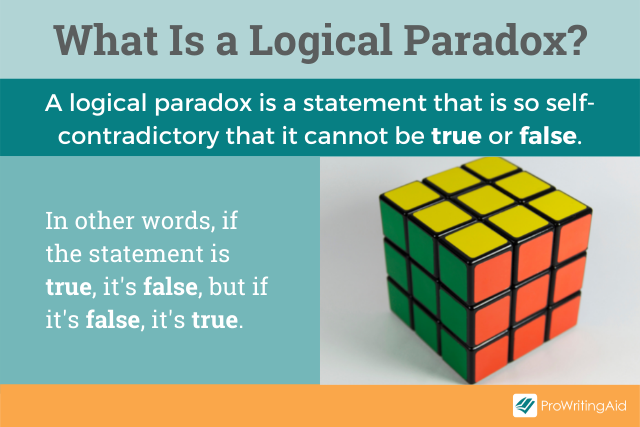[Revised entry by Andrea Cantini and Riccardo Bruni on April 30, 2025.
Changes to: Main text, Bibliography]
By “paradox” one usually means a statement claiming something which goes beyond (or even against) ‘common opinion’ (what is usually believed or held). Paradoxes form a natural object of philosophical investigation ever since the origins of rational thought; they have been invented as part of complex arguments and as tools for refuting philosophical theses (think of the celebrated paradoxes credited to Zeno of Elea, concerning motion, the continuum, the opposition between unity and plurality, or of the…
Post Views: 1
Read the full article which is published on Stanford Encyclopedia of Philosophy (external link)







